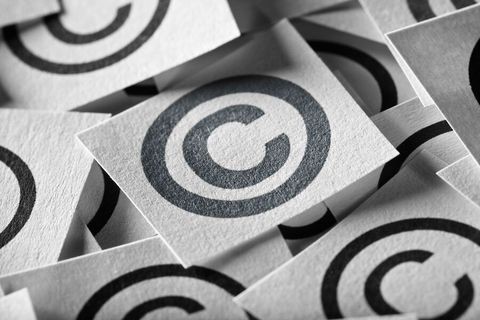The FTC Strikes Out: Drug Manufacturers Refuse to Play Ball and Delist Orange Book Patents in Response to FTC Warning Letters
What You Need to Know
Key takeaway #1
Over the past eight months, the FTC sent two rounds of warning letters to manufacturers stating the agency’s position that certain patents listed in the Orange Book may violate antitrust laws.
Key takeaway #2
In response to the first round of letters, some manufacturers withdrew listed patents or agreed to cap drug costs, while others recertified that their patents were properly listed.
Key takeaway #3
In response to the second round of letters, all manufacturers recertified their listed patents; it is up to the FTC to make the next move.
Client Alert | 2 min read | 06.27.24
As reported in earlier Client Alerts, on November 7, 2023, the Federal Trade Commission challenged 100 patents as improperly listed in the Food and Drug Administration’s “Approved Drug Products with Therapeutic Equivalence Evaluations” publication, commonly known as the Orange Book. The FTC sent warning letters to ten drug and medical device manufacturers identifying patents for inhalers, autoinjectors and anti-inflammatory multi-dose bottles that the FTC believes are improperly listed. In response, some manufacturers withdrew their patents, and others agreed to cap certain out-of-pocket costs for their drugs, resulting in a “victory lap” of media activity from the FTC in April.
Emboldened by its success, the agency expanded on its prior efforts and sent out a new round of warning letters on April 30, 2024 to ten manufacturers, targeting over 300 “junk” patents as improperly listed in the Orange Book. The FTC again focused on patents related to medical devices, such as inhalers and auto-injector pens. In both the letters and its press release, the FTC emphasized that improperly-listed Orange Book patents “can delay cheaper generic alternatives from entering the market, keeping brand name drug prices artificially high.” According to the FDA’s database, however, none of the manufacturers removed patents in response to the second set of warning letters, instead recertifying that the patents were properly listed. This includes manufacturers who delisted patents in response to the first round of letters.
Now that the manufacturers have refused to delist, the ball is in the FTC’s court. If the agency is contemplating litigation, it has good timing: on June 10, 2024, a federal district court judge in New Jersey found that five patents had been improperly listed in the Orange Book by Teva Pharmaceuticals, Inc., and ordered that they be delisted. This is one of the first instances of a court ordering a patent delisting in the context of an antitrust case. In the order, the court heavily cites an amicus brief that the FTC filed in the case, as the FTC had earlier sent a warning letter to Teva involving the five patents that the court ordered delisted. The judge stayed his own decision for 30 days to give the parties time to come up with a briefing schedule to request that the Federal Circuit address this novel issue and consider extending the stay.
Insights
Client Alert | 2 min read | 04.17.25
Will the Supreme Court review the Ninth Circuit’s unique Server Test for online copyright infringement? After the Ninth Circuit recently affirmed the Server Test, a photographer and copyright owner has requested certiorari. Petitioner-Plaintiff, Elliot McGucken, is a landscape photographer. Respondent-Defendant, Valnet, Inc., is the owner of a travel website located at “www.thetravel.com.” McGucken sued Valnet for copyright infringement when Valnet embedded on its site a number of links to McGucken’s Instagram posts. The district court, bound by the Ninth Circuit’s en banc decision in Perfect 10, granted Defendant’s motion to dismiss, finding that the Server Test foreclosed McGucken’s direct infringement claim as a matter of law, because Valnet linked to the images and did not store them on its own servers. The Ninth Circuit affirmed in a panel decision. McGucken now requests the Supreme Court to review the validity of the Server Test, which is unique to the Ninth Circuit.
Client Alert | 5 min read | 04.15.25
Is Section 230 Going to Change? The FTC, DOJ and FCC Signal Significant Change for Online Businesses
Client Alert | 4 min read | 04.14.25
Client Alert | 4 min read | 04.10.25
Hikma and Amici Curiae Ask Supreme Court to Revisit Induced Infringement by Generic “Skinny Labels”






